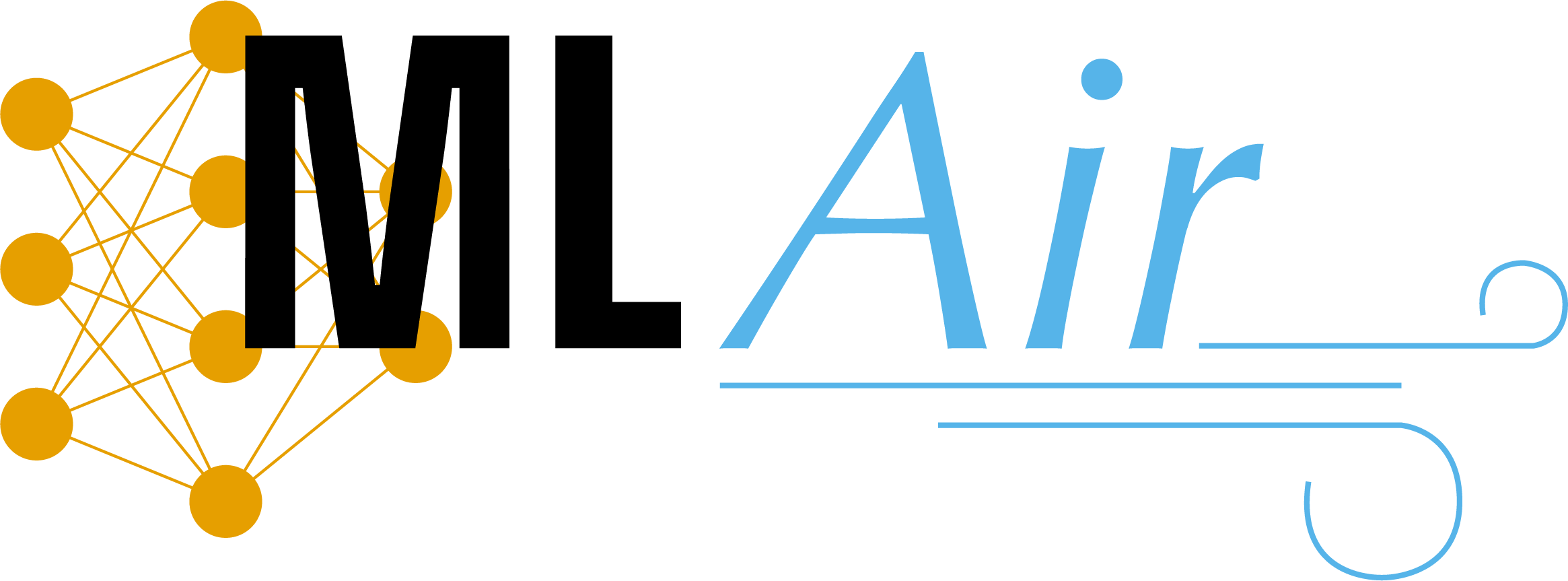MLAir
MLAir (Machine Learning on Air data) is an environment that simplifies and accelerates the creation of new machine learning (ML) models for the analysis and forecasting of meteorological and air quality time series.
Description
With MLAir (Machine Learning on Air data) we created a software environment that simplifies and accelerates the exploration of new machine learning (ML) models, specifically shallow and deep neural networks, for the analysis and forecasting of meteorological and air quality time series. Thereby MLAir is not developed as an abstract workflow, but hand in hand with actual scientific questions. It thus addresses scientists with either a meteorological or an ML background. Due to their relative ease of use and spectacular results in other application areas, neural networks and other ML methods are also gaining enormous momentum in the weather and air quality research communities. Even though there are already many books and tutorials describing how to conduct an ML experiment, there are many stumbling blocks for a newcomer. In contrast, people familiar with ML concepts and technology often have difficulties understanding the nature of atmospheric data. With MLAir we have addressed a number of these pitfalls so that it becomes easier for scientists of both domains to rapidly start off their ML application. MLAir has been developed in such a way that it is easy to use and is designed from the very beginning as a stand-alone, fully functional experiment. Due to its flexible, modular code base, code modifications are easy and personal experiment schedules can be quickly derived. The package also includes a set of validation tools to facilitate the evaluation of ML results using standard meteorological statistics. MLAir can easily be ported onto different computing environments from desktop workstations to high-end supercomputers with or without graphics processing units (GPUs).
Participating organisations
Mentions
- 1.Author(s): Lukas Hubert Leufen, Felix Kleinert, Martin G. SchultzPublished in Artificial Intelligence for the Earth Systems by American Meteorological Society in 202310.1175/aies-d-22-0085.1
- 2.Author(s): Felix Kleinert, Lukas H. Leufen, Aurelia Lupascu, Tim Butler, Martin G. SchultzPublished in Geoscientific Model Development by Copernicus GmbH in 2022, page: 8913-893010.5194/gmd-15-8913-2022
- 3.Author(s): Lukas Hubert Leufen, Felix Kleinert, Martin G. SchultzPublished in Environmental Data Science by Cambridge University Press (CUP) in 202210.1017/eds.2022.9
- 4.Author(s): Kai-Lan Chang, Martin G. Schultz, Xin Lan, Audra McClure-Begley, Irina Petropavlovskikh, Xiaobin Xu, Jerald R. ZiemkePublished in Elementa: Science of the Anthropocene by University of California Press in 202110.1525/elementa.2021.00035
- 5.Author(s): Lukas Hubert Leufen, Felix Kleinert, Martin G. SchultzPublished in Geoscientific Model Development by Copernicus GmbH in 2021, page: 1553-157410.5194/gmd-14-1553-2021
